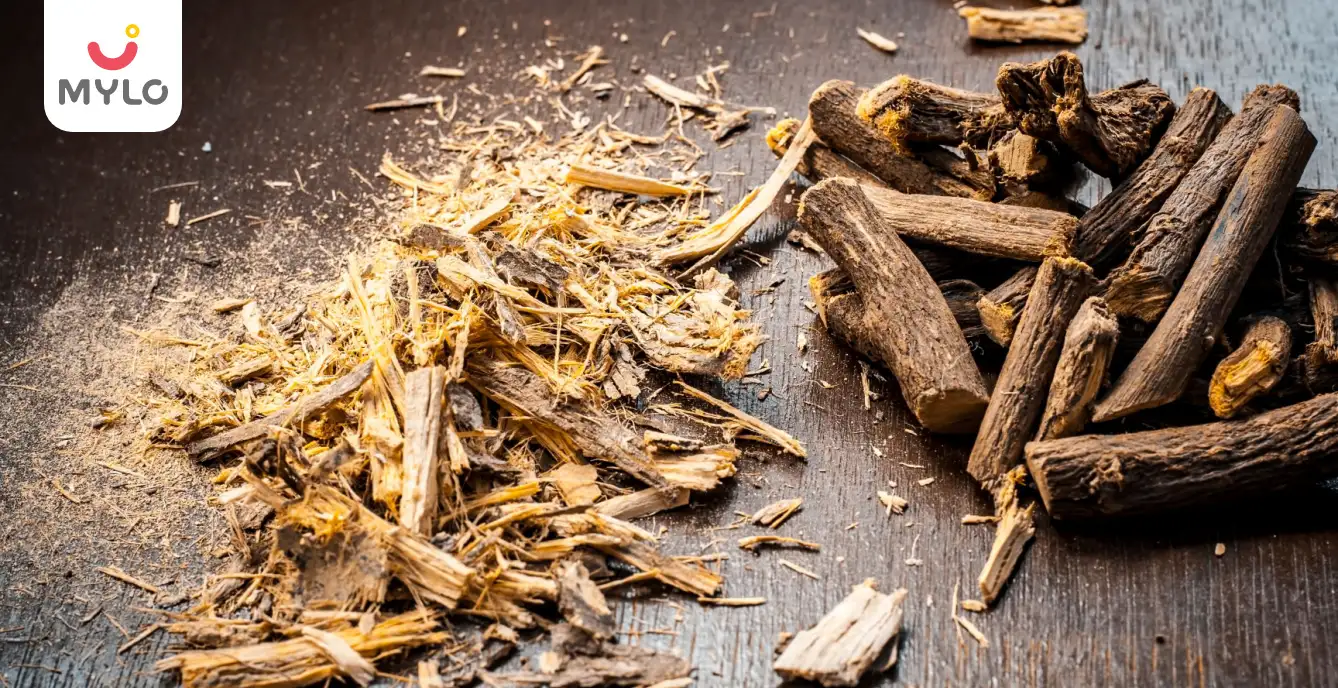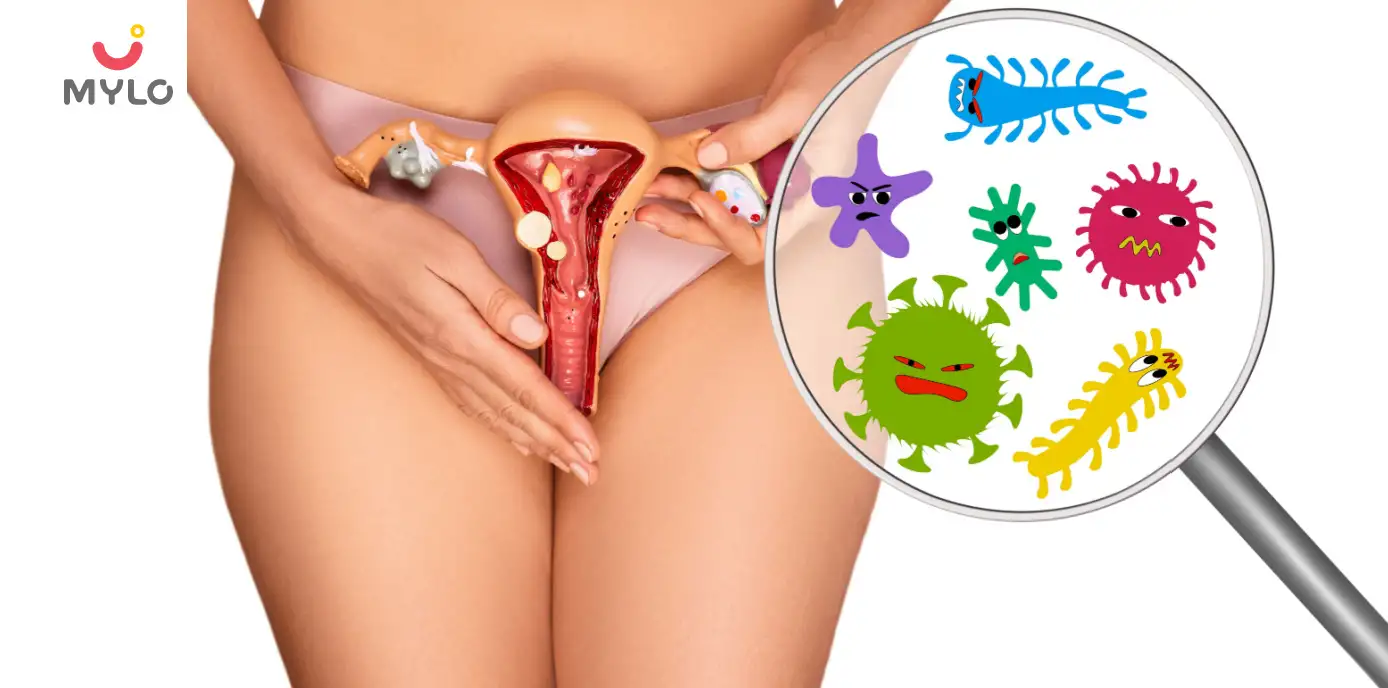Home

Care for Baby

Baby Spit Up: The Ultimate Guide to Causes, Prevention, and Management
In this Article

Care for Baby
Baby Spit Up: The Ultimate Guide to Causes, Prevention, and Management
Updated on 11 July 2023
If you find yourself diligently going through the routine of putting a bib on, feeding your baby, burping, and repeating, yet your little one continues to spit up, it's natural to wonder why does my baby spit up. Take solace in the fact that many parents share this concern. This article addresses common questions that often cause anxiety, such as babies spitting up curdled milk, why babies spit up and how to know about baby spit up vs vomit.
Embark on a journey to arm yourself with another tool in your baby care arsenal, enabling you to fully embrace the joys of parenthood without succumbing to unnecessary worry and stress.
What is Baby Spit Up?
Baby spit-up refers to an infant expelling small amounts of stomach contents, primarily milk or formula, through their mouth. It is characterized by a gentle, effortless flow rather than forceful vomiting.
Spit-up is commonly seen in babies, especially during or after feeding sessions. It can vary in consistency, ranging from liquid to curdled milk.
Baby Spit Up vs Vomit: What's the Difference?
The critical difference between baby spit up and vomit lies in the force and intensity of the expulsion. Spit-up refers to the gentle, effortless flow of small amounts of stomach contents, such as milk or formula, through the baby's mouth, more like passive regurgitation.
On the other hand, vomit is characterized by forceful and violent expulsion of stomach contents. It involves muscular contractions of the abdominal muscles and is typically accompanied by discomfort or distress in the baby.
While spit-up is considered normal and benign in babies, vomiting may indicate an underlying issue, such as illness, digestive problems, or an allergic reaction. Parents must observe the frequency, amount, and associated symptoms to differentiate between typical spit-up and worrisome infant vomiting.
Why Do Babies Spit Up?
Babies spit up for various medical reasons, and understanding these causes can help shed light on why this phenomenon occurs. Here are some common medical reasons why babies spit up:
1. Immature Digestive System
A baby's digestive system is still developing and maturing in the early stages of development. The muscle at the top of the stomach, the lower oesophagal sphincter (LES), may not fully develop, leading to spit-up episodes.
2. Overfeeding
Feeding a baby too much or too quickly can overwhelm their small stomach capacity, causing the excess milk or formula to be regurgitated.
3. Acid Reflux
Gastroesophageal reflux (GER) occurs when stomach acid flows back into the oesophagus. This can irritate and result in spit-up.
4. Food Allergies or Intolerances
Some babies may have an allergic reaction or intolerance to certain foods, such as cow's milk protein or soy.
5. Lactose Intolerance
In some cases, babies may have difficulty digesting lactose, a sugar in milk. This can result in excess gas and spit-up.
6. Slow Digestion
A slower digestion process can contribute to spit up, as the milk or formula stays in the stomach for extended periods.
7. Positioning during Feeding
Incorrect positioning during feeding, such as holding the baby too flat or not ensuring a proper latch, can lead to excessive air swallowing and subsequent spit-up.
You may also like: Baby Vomiting After Feeding: Understanding the Causes and Solutions for Upset Stomach
Is Baby Spit Up Normal?
Yes, baby spit-up is generally considered normal in infants. Many babies experience spit-up to varying degrees, especially during the first few months of life. Around 50% of healthy infants are estimated to spit up at least once a day.
Is Baby Spitting Up Curdled Milk Normal?
Yes, it is generally considered normal for a baby to spit up curdled milk. When milk is exposed to stomach acid during digestion, it can curdle and form clumps or chunks. This is a natural reaction and occurs as a result of the stomach's acidic environment.
The curdled appearance of spit-up can sometimes worry parents, but it is typically not a cause for concern. Spitting up curdled milk is considered a standard variant as long as the baby is otherwise healthy, gaining weight appropriately, and not showing any discomfort or distress.
Also read: Formula Milk vs Cow Milk: Pros and Cons for Your Baby's Growth
What to Do if Your Baby Spitting Up Clear Liquid?
If you notice your baby spitting up clear liquid, it can be expected in certain situations. The clear liquid may be saliva or recently consumed breast milk or formula. Here are some steps you can take:
1. Observe
Monitor the frequency and volume of clear liquid spit up. If it happens occasionally and in small amounts, it may not cause immediate concern.
2. Check for signs of distress
Assess if your baby appears uncomfortable, irritable, or experiences other symptoms such as poor weight gain, dehydration, or reduced appetite.
3. Burp frequently
Make sure to burp your baby during and after feedings.
4. Feed in an upright position
Keep your baby upright while feeding to minimize the chances of air swallowing and reflux.
5. Consider feeding adjustments
If breastfeeding, check if your baby has a proper latch and is not taking in excess air while feeding. If you are bottle-feeding, ensure that the nipple flow is appropriate, not too fast or slow.
When Should You Be Concerned about Baby Spit Up?
While spit-up is generally considered normal in infants, there are certain situations when you should be concerned and seek medical advice. Here are some signs to watch out for:
-
Excessive Frequency or Volume
-
Projectile Vomiting
-
Weight Loss or Poor Weight Gain
-
Fussiness and Discomfort
-
Blood or Bilious (Green) Color
-
Refusal to Eat or Reduced Appetite
-
Respiratory Issues
Always trust your instincts as a parent; in case of doubt, it is best to consult a healthcare professional.
Prevention and Management of Baby Spit Up
Here are some preventive measures and management strategies for baby spit-up:
-
Burp your baby
-
Feed in an upright position
-
Take breaks during feeding
-
Avoid overfeeding
-
Pace feeding
-
Keep your baby upright after feeding
-
Check feeding equipment
-
Avoid excessive movement after feeding
-
Dress your baby in comfortable clothing
Tips for Reducing Baby Spit Up
Reducing baby spit-up can help alleviate parental concerns and make feeding experiences more comfortable for the baby and caregiver. Here are some tips to help minimize spit-up:
-
Feed in an upright position
-
Take breaks during feeding
-
Burp your baby
-
Use a slow-flow nipple
-
Pace feeding
-
Avoid overfeeding
-
Keep your baby upright after feeding
-
Avoid vigorous movement after feeding
-
Consult a healthcare professional
Dealing with Baby Spit Up
Dealing with baby spit-up can be a common part of caring for an infant. Here are some practical tips for managing and handling baby spit-up:
1. Be prepared
Keep burp cloths, bibs, and spare clothes handy to quickly clean up and change your baby if spit-up occurs.
2. Stay calm
It's important to remember that spit-up is typically harmless and normal. Stay calm and reassure yourself that it's a natural part of your baby's development.
3. Positioning during feeding
Ensure that your baby is upright or slightly reclined during feedings. This can help minimize the chances of milk flowing back up.
4. Burping
Burp your baby frequently during and after feedings to release trapped air from their stomach. Gently pat or rub their back to encourage burping.
5. Use a feeding schedule
Establish a feeding routine for adequate breaks and pauses during feedings.
6. Wash and sanitize
Clean any spit-up-soiled items, such as clothes, bibs, burp cloths, and blankets, using baby-friendly detergent and follow proper washing instructions. Sanitize pacifiers and bottle nipples as needed.
When to Seek Medical Advice for Baby Spit Up
While baby spit-up is generally expected, however here are some instances when you should consider reaching out to a healthcare professional:
-
Excessive spit up
-
Weight loss or poor weight gain
-
Frequent discomfort or signs of distress
-
Blood or bile in spit up
-
Persistent respiratory issues
-
Concerns about overall health
Final Thoughts
In conclusion, baby spit up is common in infants and is generally considered normal. It is often a result of the immature digestive system and the reflux of milk or formula. While it can be concerning for parents, especially when a baby spitting up curdled milk or in large amounts, most cases of spit-up do not indicate a severe underlying problem. With open communication with healthcare professionals, you can navigate the challenges of this developmental phase.
References
1. Leung, A. K., & Hon, K. L. (2019). Gastroesophageal reflux in children: an updated review. Drugs in Context, 8.
2. Pregnancy and birth: Reflux in babies. (2018, March 22) Institute for Quality and Efficiency in Health Care (IQWiG).



Written by
Madhavi Gupta
Dr. Madhavi Gupta is an accomplished Ayurvedic doctor specializing in Medical content writing with an experience of over 10 years.
Read MoreGet baby's diet chart, and growth tips

Related Articles
Related Questions
Influenza and boostrix injection kisiko laga hai kya 8 month pregnancy me and q lagta hai ye plz reply me

Hai.... My last period was in feb 24. I tested in 40 th day morning 3:30 .. That is faint line .. I conculed mylo thz app also.... And I asked tha dr wait for 3 to 5 days ... Im also waiting ... Then I test today 4:15 test is sooooo faint ... And I feel in ma body no pregnancy symptoms. What can I do .

Baby kicks KB Marta hai Plz tell mi

PCOD kya hota hai

How to detect pcos

Related Topics
RECENTLY PUBLISHED ARTICLES
our most recent articles

Infertility
Unexplained Infertility: Breaking Down the Factors and Finding Solutions

Ayurveda & Homeopathy
Mulethi: Unraveling the Therapeutic Potential of Licorice Root for Your Overall Health

Health & Wellness
5 Steps to a Healthy Lifestyle: The Blueprint for Your Wellness Journey

Ayurveda & Homeopathy
Chandraprabha Vati: How This Potent Ayurvedic Formulation Can Boost Your Health

Sex Life
Trichomoniasis: Meaning, Symptoms, Causes and Risks

Pregnancy Journey
Gallstones in Pregnancy: Symptoms, Complications & Treatment
- Fertility Massage: A Holistic Approach to Boosting Fertility Your Chances of Conception
- Baby Vomiting After Feeding: Understanding the Causes and Solutions for Upset Stomach
- Why do you need to wear a high waisted panty during pregnancy?
- Top 5 Precautions You Should Take After Getting an IVF Treatment
- Baby Kicking During Pregnancy: Unveiling the Wonders of Quickening in Pregnancy
- Daddy duties: Here's your guide to fatherhood
- Four-weeks old baby: Health, growth, care and more
- Baby cloth diapers by Mylo
- When to begin toilet training your child
- Are you a first time dad & scared? Here's some help
- Is your baby 3 months old now? Here's how to set-up a perfect sleep and feeding schedule for your little one?
- Painful Nipples During Breastfeeding: A Step-by-Step Approach for Managing Discomfort
- How to Manage and Alleviate Round Ligament Pain During Pregnancy?
- FSH LH Prolactin Test: What This Group of Tests Can Tell You About Your Fertility


AWARDS AND RECOGNITION

Mylo wins Forbes D2C Disruptor award

Mylo wins The Economic Times Promising Brands 2022
AS SEEN IN

- Mylo Care: Effective and science-backed personal care and wellness solutions for a joyful you.
- Mylo Baby: Science-backed, gentle and effective personal care & hygiene range for your little one.
- Mylo Community: Trusted and empathetic community of 10mn+ parents and experts.
Product Categories
baby carrier | baby soap | baby wipes | stretch marks cream | baby cream | baby shampoo | baby massage oil | baby hair oil | stretch marks oil | baby body wash | baby powder | baby lotion | diaper rash cream | newborn diapers | teether | baby kajal | baby diapers | cloth diapers |




